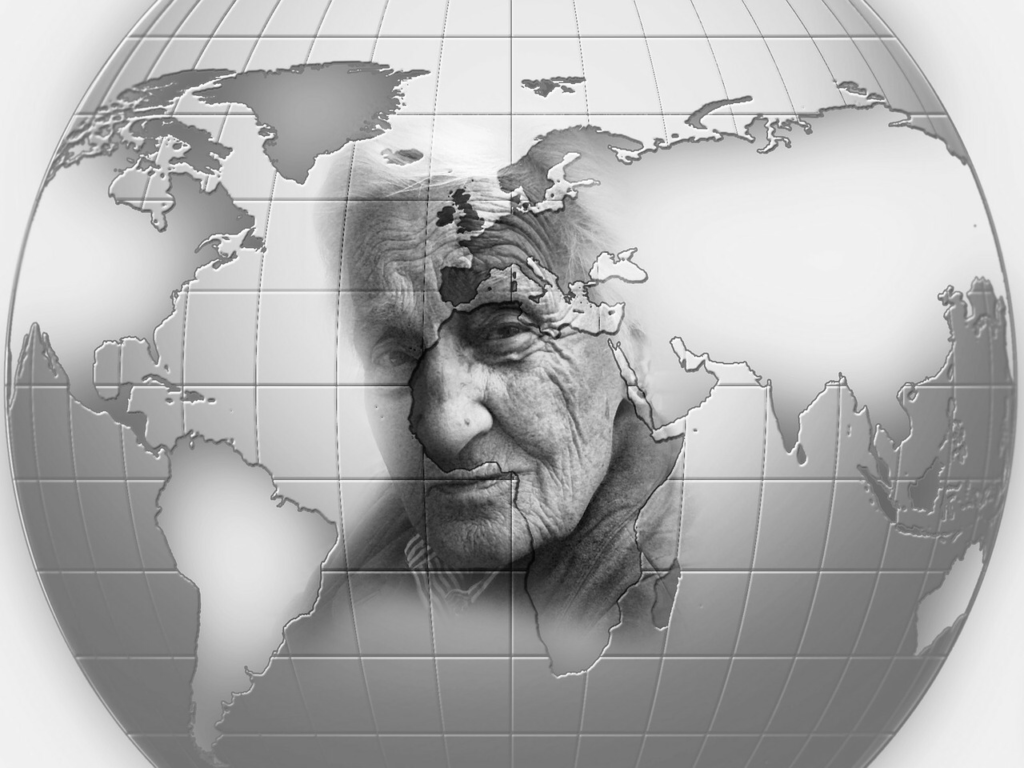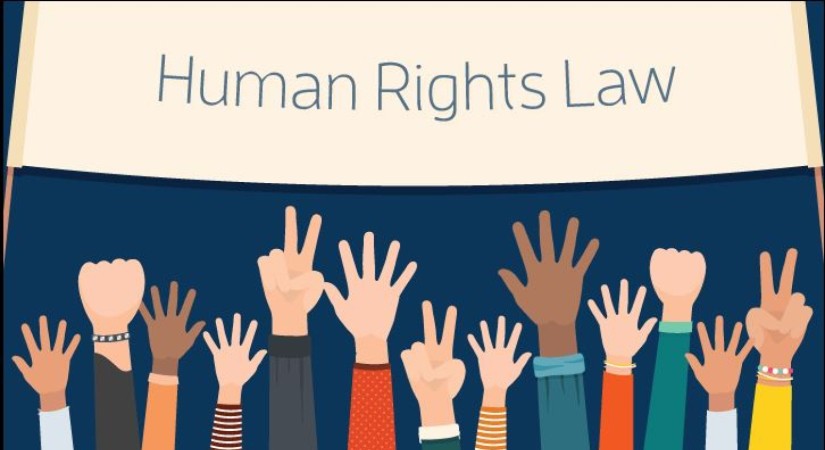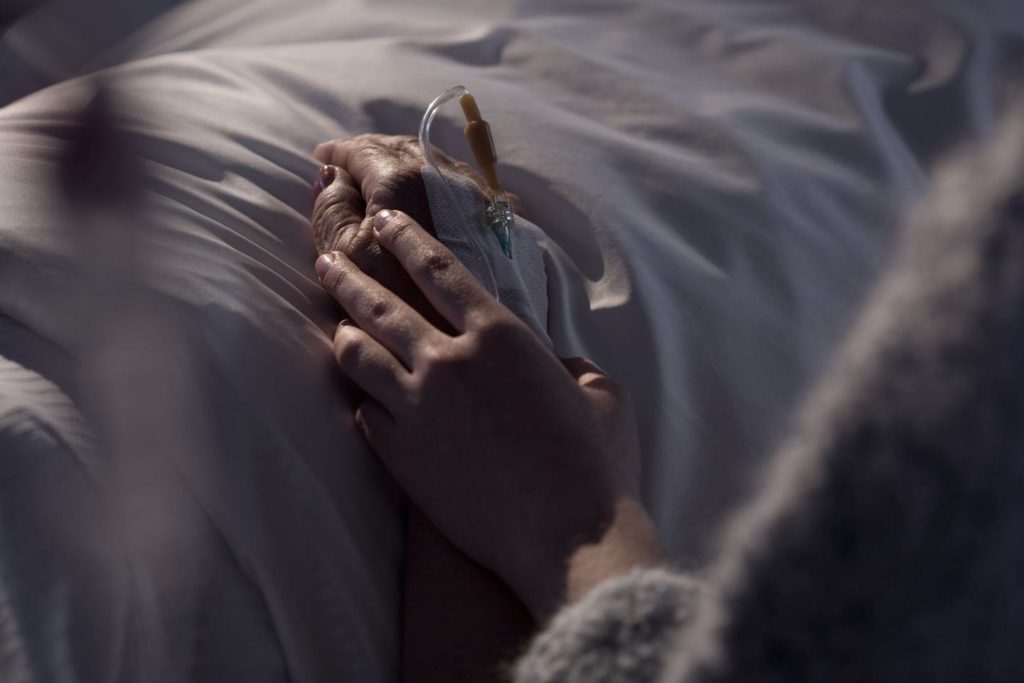When you no longer recognize your own children, when you slowly lose your memories and release the pins on which the pendulum of your past hangs and you don’t know who you are anymore… are you still alive? More and more people have Dementia included in a euthanasia statement because they see the loss of personality and pure dependence as unbearable and hopeless suffering. The most difficult thing is: do they still support that choice later in life?

More doubt
Nevertheless, the combination of euthanasia and Dementia is more likely to create dilemmas. There are situations with more doubt. If someone has recorded that he or she has to be unplugged in the event of a serious loss of his or her mind, but as a person with Dementia they seem pretty happy, or maybe even literally says: ”I don’t want to die”: what do you do? Do you listen to the person he or she always was? Or to the person, he or she has become?
What would you do
Euthanasia in Dementia is a topic that requires a very nuanced approach. I am neither for or against euthanasia. It’s a very grey area because every situation and every patient is different. It has already saved many from long agony, but let’s not pretend that it will make everything simple. When a person’s mind fails, every decision remains difficult.
With the increasing aging of the population and the aging of society, the number of people suffering from Dementia is also increasing. In addition, experience has shown that these patients are increasingly in need of an arrangement to prevent, in their eyes, a daunting end of life. The Euthanasia Act offers scope for euthanasia in Dementia. But only a very small portion of these requests lead to an active termination of life.

Euthanasia and the law
Euthanasia or termination of life is a difficult subject. Yet it is important to talk about it together. The active ending of a human life evokes strong feelings and doubts. Opinions can differ, also within a family. That is why it is important to make the subject open for discussion in a good time with your loved one and everyone close to him or her. There is no alternative to euthanasia.
Euthanasia is the act of ending a person’s life to relieve suffering – as distinct from assisted suicide (also known as assisted dying), which is assisting a person to kill themselves.
In 2002 the Netherlands was the first country in the world where euthanasia has been formally legalized. This Act is in accordance with international treaties and laid down therein most basic human rights, such as Article 6 of the UN Convention on Civil and Political Rights (ICCPR) and Article 2 of the European Convention on Human Rights (ECHR).

In Israel, the Israeli Penal Law forbids causing the death of another and specifically forbids shortening the life of another. Active euthanasia is forbidden by both Israeli law and Jewish law. Passive euthanasia is forbidden by Jewish law but has been accepted in some cases under Israeli law. The performance of any action, even if it is a form of medical treatment, that is intended to euthanize, or which will almost certainly result in death, is forbidden even if the act was requested by the patient and is for the purpose of decreasing the patient’s suffering. The performance of such an action is considered a criminal offense.
Currently, voluntary euthanasia and/or doctor-assisted suicide is legally available in Belgium, Canada, Colombia, Luxembourg, The Netherlands, Switzerland, and in six US states (California, Colorado, Montana, Oregon, Vermont, and Washington State).

Palliative care
Palliative care is aimed at making the end of life as soft as possible:
- Palliative sedation, where your loved one is put into a deep sleep (reduced consciousness) to reduce pain and anxiety. He or she has no pain and dies from the disease itself and not from the medication. Palliative sedation may only be used by a doctor if your loved one still has a life expectancy of a maximum of two weeks. The goal is always to relieve suffering, the goal is never to let someone die (faster).
- Dying off by stopping eating and drinking. Your loved one will stop eating and drinking (no longer needs it) and has indicated in advance that he or she does not want to receive food and fluid artificially. By taking good care of your loved one and combating discomforts such as pain, itching, tightness, and restlessness, you make the end of life as comfortable as possible.

My education to become a healthcare professional in the Netherlands has taught me that talking about ending a life remains a difficult subject because life is sacred. All my experiences with Dementia and euthanasia have been gained in a country where euthanasia is legal and the people know exactly what they want and how they keep control of their final moments on this planet.
Now, I live and work in a country where there are other laws when it comes to euthanasia. Recently, though, we can see a change in society’s attitude toward death and willingness to discuss death, especially with regard to the right of patients to die with dignity and to spend the end of their lives as they wish.

If you want to have a dialogue about this subject or have other questions, please contact us via our contact form, Facebook page, Instagram or Twitter. Introductory and intake interviews are always free! The conversations can take place both live and via Skype.
